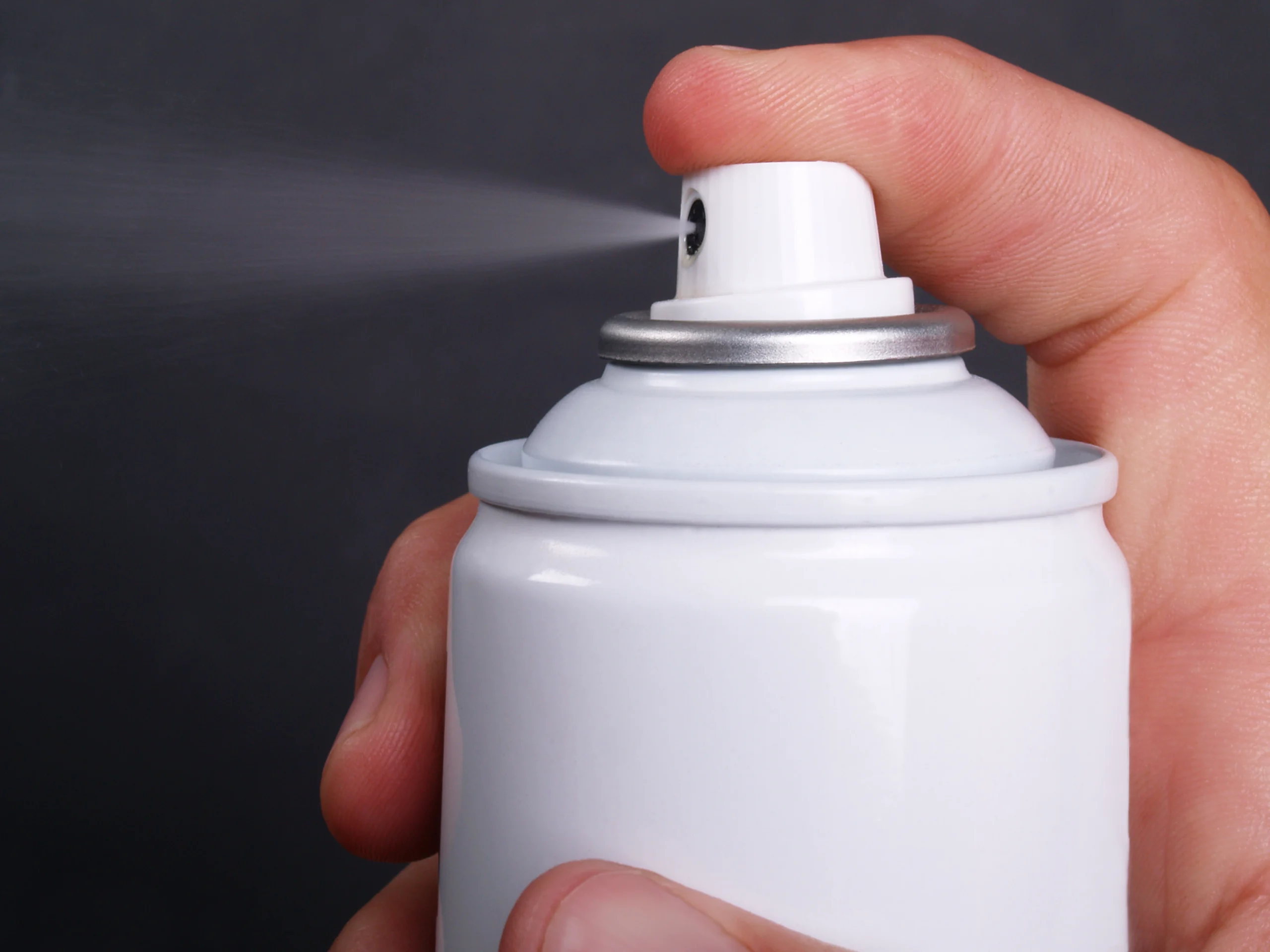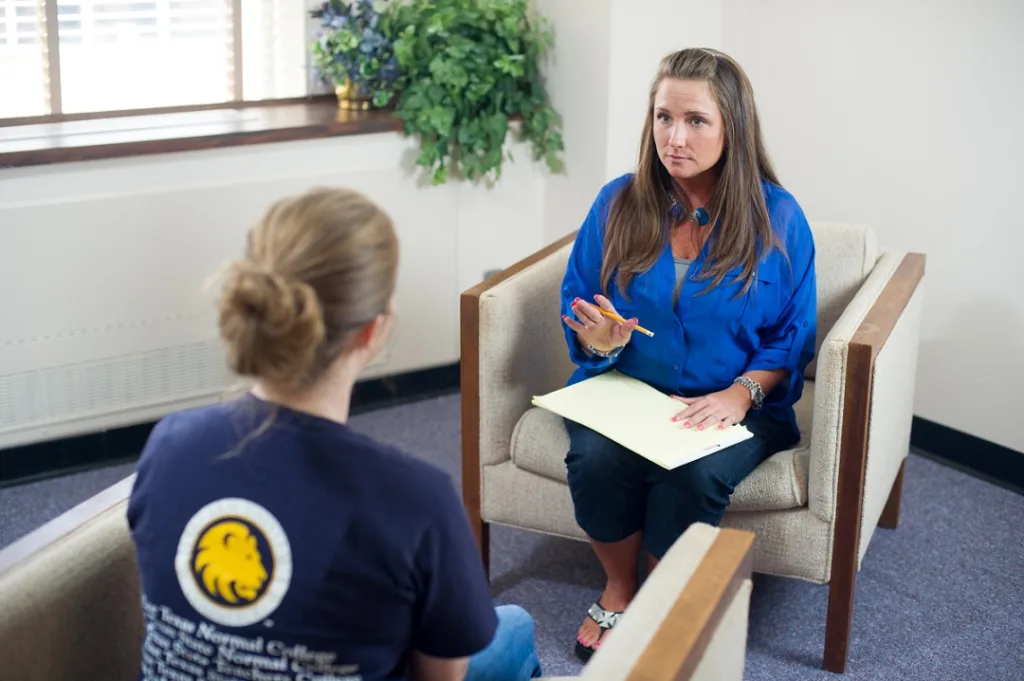Learning About Recovery High Schools

Recovery high schools are a concept new to many. The documentary “Generation Found” is a fascinating introduction to the new solution Houston has been implementing recently. The movie showcases Archway Academy, a sober high school designed to aid in supporting the educational needs of teens in recovery.
Defining a Recovery High School
The primary purpose of a recovery high school is to educate students recovering from substance abuse and co-occurring disorders. These schools are academic institutions, not treatment facilities. They meet state requirements for granting a diploma. However, they do offer recovery supports not available in ordinary high schools, which help students sustain their sobriety.
Support for recovery includes group counseling, individual counseling, and case management. Recovery high schools also work to coordinate care with all people involved in a student’s recovery. This includes their guardians, treatment providers, and legal providers to ensure everyone is joined in supporting the student and holding them accountable to their recovery plan.
Why Recovery High Schools?
But why are recovery high schools even necessary in the first place? Research shows that 8 out of 10 students who return to their former high school after completing a residential program will relapse within the first six months. For students with co-occurring disorders, that statistic shifts to just 19 days. One reason students struggle with sobriety when returning to school is because they are often in class with their peer drug dealers and friends whom they used to use with. Returning to school with these people is a trigger and one that for many leads to a relapse.
Since recovery high schools offer a change in environment they eliminate this trigger. Studies on the efficacy of recovery high schools show that students who attend a recovery school are able to sustain sobriety 8 times longer than they could before treatment. Students demonstrate decreases in negative feelings, problems with the law, and urges to use. They exhibit increases in interest in school, positive engagement with family and friends, and work performance.
To learn more about recovery high schools, consider watching the documentary “Generation Found”. You can also contact your local Rehab After School provider.








